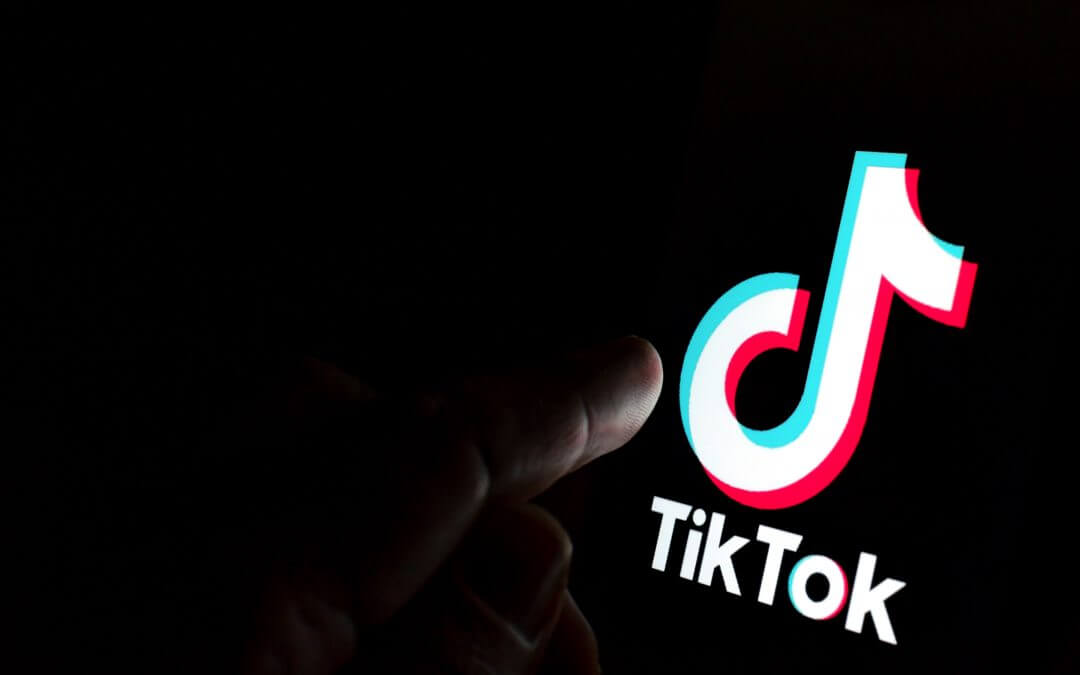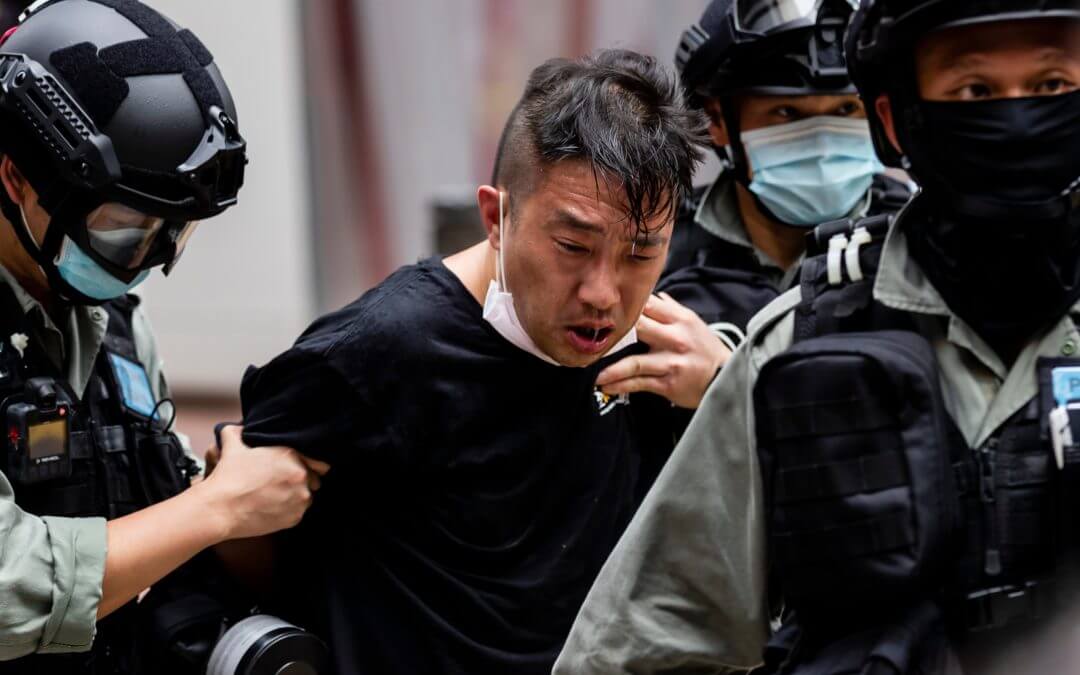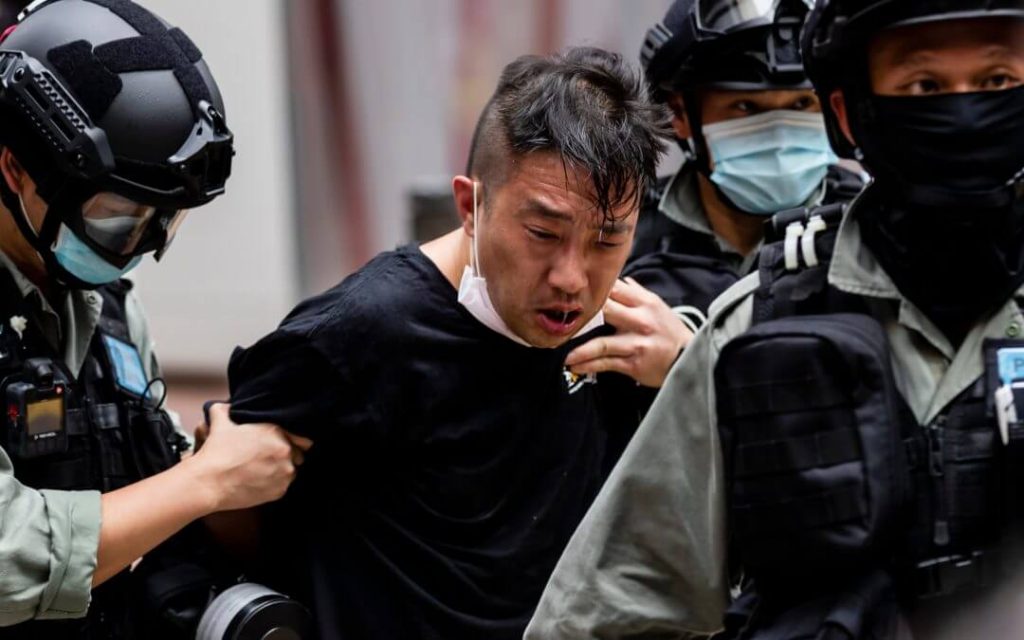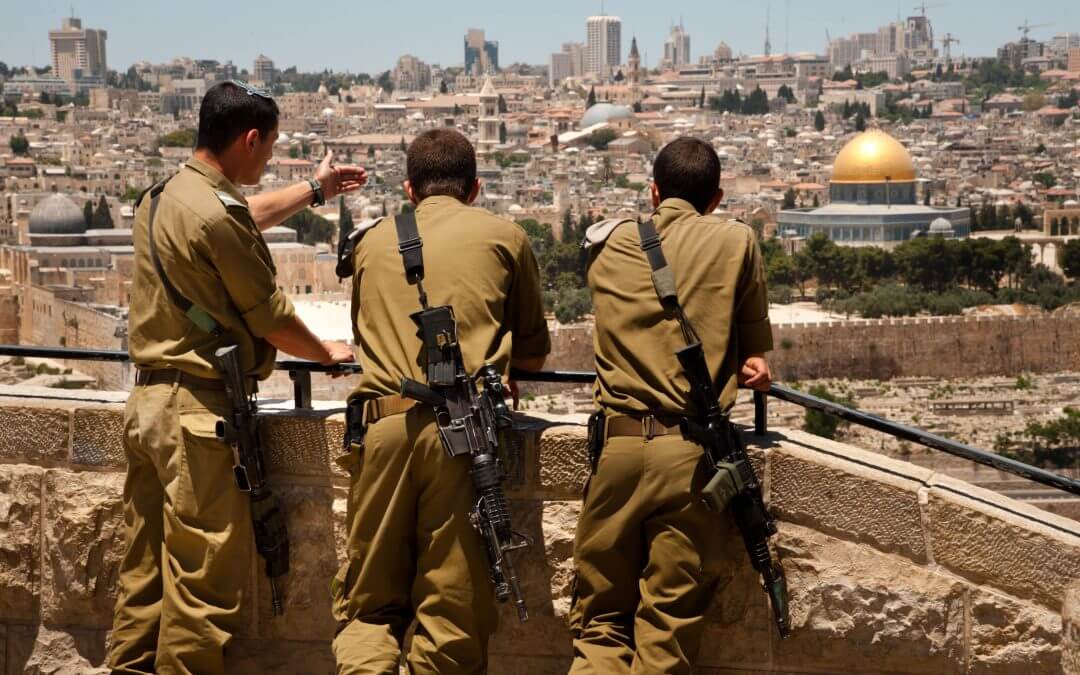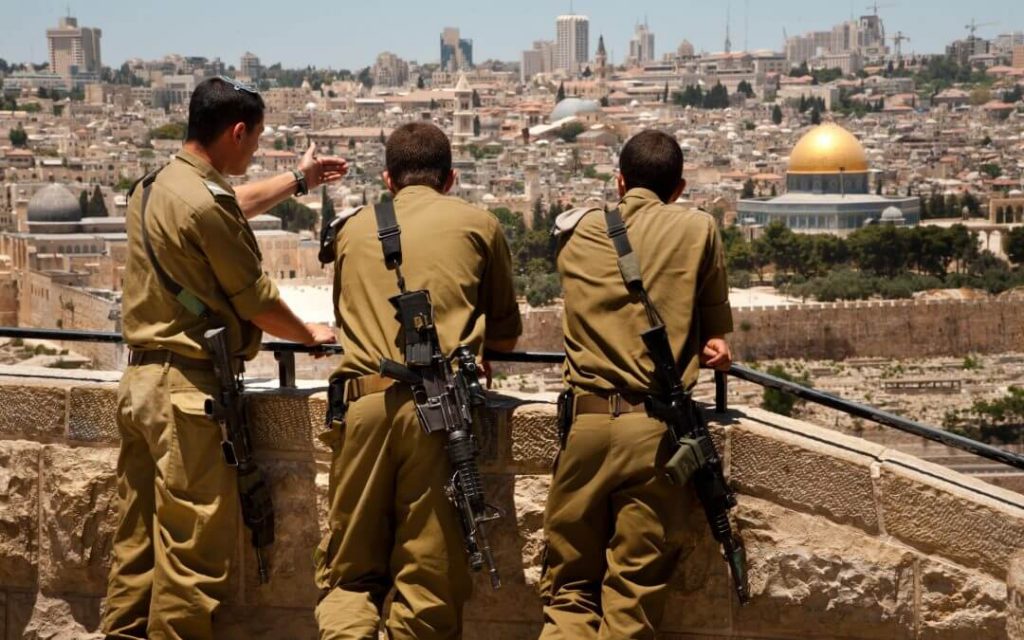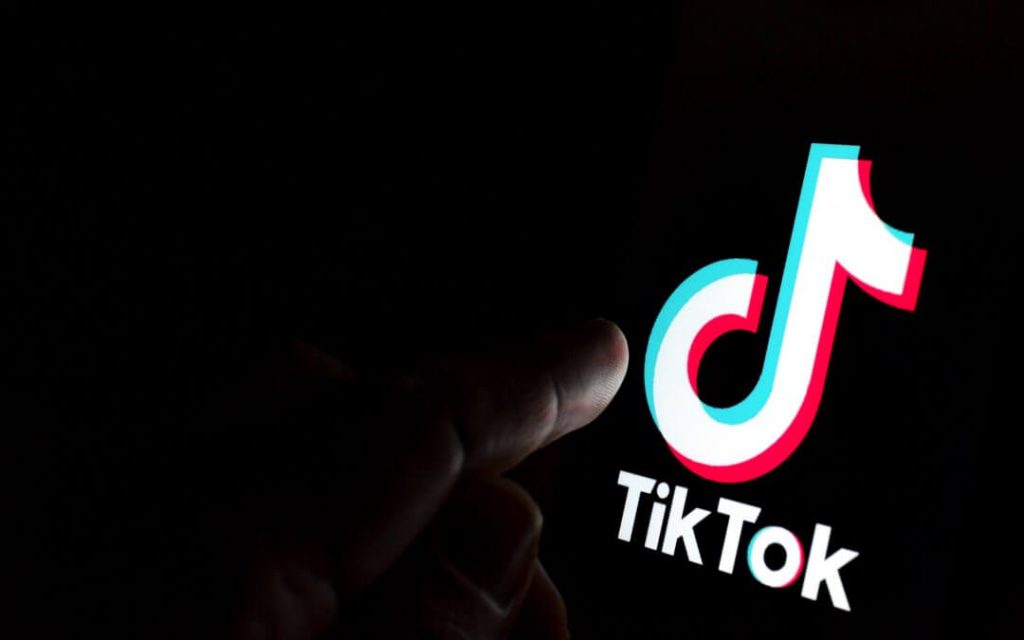
Coronavirus
The United States and Brazil continue to record confirmed cases at record pace. The United States again hit its daily record for cases, its sixth in 10 days, with 59,880 cases on Thursday. Brazil’s President Bolsonaro announced on Tuesday that he had contracted the virus, and Brazil experienced over 47 thousand new cases on Wednesday.

United States
The coronavirus continues to devastate the United States as the country hits three million cases, recording a record 60,000 daily increase on Wednesday. As many universities announce prolonged transitions to remote or hybrid learning for the upcoming school year, the U.S. Immigration and Customs Enforcement (ICE) reported that it would not provide student visas for online learning, threatening the over one million foreign students studying in the country. Various universities have recently launched lawsuits challenging these modifications to be heard in court next week.

China
The United States has imposed sanctions on a number of officials in Xinjiang, condemning the reported human rights abuses against Uyghur Muslims in the region. China vows to retaliate for these measures, claiming them as foreign interference in its internal affairs, and also dismissed the U.S. offer for arms control talks, reporting Beijing has “no interest” in any such negotiations.

Hong Kong
China has stopped operations of TikTok in Hong Kong after the passing of the new Chinese security law, which has broad implications for the semi-autonomous region. Beijing-based ByteDance, the company that launched the popular app, announced that it may return to Hong Kong under a new business structure, adding that it has never provided data to the Chinese government, nor would it do so if requested. The response comes after numerous calls from Western countries to ban the Chinese app. Additionally, American President Donald Trump is expected to sign into law as early as next week the Hong Kong autonomy act in response to the new security law. The legislation will give the U.S. government the ability to impose sanctions on officials accused of undermining Hong Kong’s semi-autonomous status, also putting pressure on banks and state entities that do “significant transactions” with them. Lastly, Hong Kong daily COVID-19 infections hit a record high this week, spiking fears of renewed community spread and the closure of all schools starting Monday.

Myanmar
Amnesty International has found new evidence indicating that the Myanmar military have used indiscriminate airstrikes in conflict between the country’s Rakhine and Chin states, killing civilians, including children. Meanwhile, the government this week accused China of arming insurgent groups with sophisticated weapons as a bargaining chip to force implementation of Belt and Road Initiative projects despite COVID-19-related setbacks. In an effort to balance China’s presence in the country, Myanmar has decided to expedite India-backed infrastructure projects and strengthen its relations with India.

Zimbabwe
The Economist wrote today that Zimbabwe is facing its worst economic crisis in more than a decade. They reported that Covid-19, currency manipulation, and a lack of reforms from President Mnangagwa has hurt all Zimbabweans. Nurses, soldiers, bureaucrats, teachers have seen their real incomes evaporate as annualised inflation approaches 1,000%. Meanwhile, one of Zimbabwe’s biggest creditors rejected a government request for debt relief until it improves its human rights record and pays arrears on outstanding debt. The group represents creditor nations including members of the Organisation for Economic Cooperation and Development.
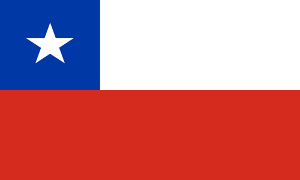
Chile
Though officials were confident of the country’s response to the coronavirus pandemic just months ago, weeks of soaring infections makes Chile seventh in the world for reported cases. The country is now struggling to contain the virus as it has spread to its poor and vulnerable portion of the population, and its once robust economy has similarly been devastated by the crisis.
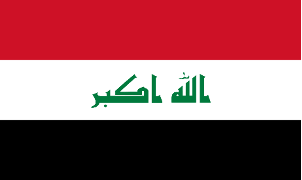
Iraq
On the 5th of July Iraq armed groups expert Hsiham al-Hashemi was shot dead in Baghdad after receiving threats from Iran-backed militia. Al-Hashemi was a respected security analyst who had a keen focus on understanding groups such as ISIL(ISIS) and Al-Qaeda, appearing regularly on Iraqi television and providing expertise to government officials, journalists and researchers. The UN, foreign governments and Iraqi leaders have condemned the killing, calling for recourse. However, his death comes amidst a spate of rocket attacks near the US embassy in Iraq that are suspected to be conducted by Iran-backed militia. Activists and journalists across the nation fear they might also be targeted as Iraqi Prime Minister Mustafa al-Kadhimi struggles to control groups acting outside the state. Meanwhile, coronavirus cases throughout the nation are surging and morgues are overflowing with the casualties.
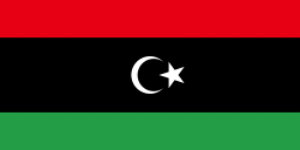
Libya
The UN Secretary-General Antonio Guterres said on Wednesday, “The conflict has entered a new phase with foreign interference reaching unprecedented levels, including in the delivery of sophisticated equipment and the number of mercenaries involved in the fighting.” Russian private military contractor Wagner Group has up to 1,200 people deployed in Libya. The United Arab Emirates minister for foreign affairs said there are “roughly 10,000 Syrian mercenaries operating in Libya”. Guterres said between April and June this year the UN mission has documented at least 102 civilian deaths and 254 civilian injuries – a 172 percent increase compared with the first quarter of 2020. He added there were also at least 21 attacks on medical facilities, ambulances and medical personnel.

Syria
As a bread shortage looms, Russia and China vetoed a United Nations Security Council resolution which would have extended cross-border humanitarian aid to Syria from Turkey for an additional year. The resolution expires this Friday. Russia put forward a proposal to reduce cross-border humanitarian aid; however, this was opposed by the UN with US Ambassador Kelly Craft noting that “we’re talking about the difference between life and death.” New drafts are being prepared; yet, consensus is slow due to limitation of in-person gatherings imposed by coronavirus. The UN Commission of Inquiry on Syria has also released a report concluding that Syrian and Russian airstrikes on schools and hospitals in Idlib province ahead of a March ceasefire broker with Turkey amount to war crimes. The report further condemns attacks by Islamist militants.
Meanwhile, a British aid worker in Syria is being held in an undisclosed location after being arrested by Hay’et Tahrir al-Sham (HTS), an al-Qaeda linked group and UN designated “terrorist” organization that controls Idlib province. Tauqir Sharif was arrested on June 22 being suspected of “mismanagement of humanitarian funds and its use towards projects that sow sedition and division,” stated HTS’s media relations manager. However, allegations remain unclear.

Lebanon
Four men assaulted a prominent Lebanese activist and independent politician as they left a news radio station in broad daylight. Opposition to the Lebanese government suggested “the attack is part of a campaign to silence the set.” US Secretary of State Mike Pompeo reiterated the US’ commitment to supporting Lebanon as long as it succeeds at imposing socio-political reforms and Hizbullah does not gain control of the government. Further, following a Cabinet meeting on Thursday, Energy Minister Raymond Ghajar announced that the government is focusing on improving power supply following lengthy power cuts that have been rolling for the past few weeks as fuel supplies dwindle.
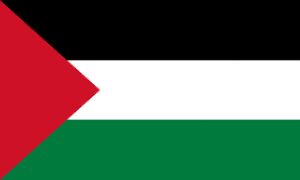
Palestine
On 9th July, a US congressional committee approved a $66 billion spending bill to restore aid to Palestine as well as maintain US funding for the World Health Organization through the end of 2021. The bill would reverse a Trump administration decision suspending aid to Palestinians in 2018 and restore aid to non-governmental organizations working in the West Bank and Gaza. This decision comes as Egypt, France, German and Jordan continue to urge Israel to abandon annexation plans, warning that such actions could have “consequences” for relations. This comes with a steady increase of coronavirus cases in the occupied West Banks and Israel, with Israel ordering thousands of people into quarantine.
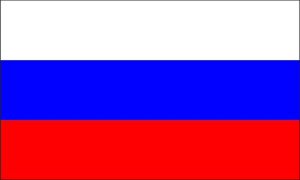
Russia
Russian officials deny American allegations that their military intelligence paid bounties for killing U.S. and allied troops in Afghanistan, a story released in The New York Times that the Russian Foreign Ministry referred to as propaganda. Following tensions at the China-India border, Russia and the United States also compete for arms sales to India, a top buyer of foreign weapons on the international market to which Russia has historically been the main supplier.

North Korea
Kim Yo Jong, sister of North Korean leader Kim Jong Un, has casted doubt on the future of nuclear negotiations with the U.S.—Kim said this week that another nuclear summit between North Korea and the U.S. would be unlikely and be “unprofitable” unless Washington changes its stance.

Iran
In a United Nations report released on Tuesday, a UN expert on extrajudicial killings concluded that the US drone strike that killed Iran’s top general Qassem Soleimani was “unlawful,” and an “arbitrary killing” that violated the UN charter. US President Donald Trump ordered the killing in a drone strike on the 3rd of January claiming that Soleimani posed an imminent threat. However, the UN inquiry concluded that “no evidence has been provided.” The US, however, has responded by calling the report “a special kind of intellectual dishonesty” and further went on to denounce the report. Locally, on the 9th of July, Iran reported its highest single-day coronavirus related death toll of 200 casualties since the start of the pandemic.

Nicaragua
Both domestic and international pressure continue to focus on President Daniel Ortega’s response to the pandemic, with an open letter from the International Bar Association’s Human Rights Institute (IBAHRI) being the most recent condemnation of the Nicaraguan government’s weak response. Nicaraguan doctors also continue to face political repercussions for speaking out against the government’s approach.

Sudan
Sudan’s prime minister has replaced the finance, foreign, energy and health ministers and three other senior cabinet post-holders as part of a sweeping reshuffle, the government said on Thursday. This happened nine days after tens of thousands of protesters took to the streets for largely peaceful protest in Sudanese cities to demand a transition towards democracy after al-Bashir’s removal last year.

Venezuela
President Nicolás Maduro seized control of internationally-backed opposition leader Juan Guaidó’s party following a ruling of the government-controlled supreme court. The move gives Maduro a clear path to gaining control of the National Assembly in the upcoming election. The newly-appointed leader of Guaidó’s party, José Gregorio Noriega, was only recently sanctioned by the EU for undermining democracy and the rule of law in Venezuela alongside other pro-Maduro officials. Meanwhile, socialist party chief Diosdado Cabello, the second-most powerful person behind Maduro, becomes the highest-ranking leader in the country to test positive for COVID-19, which he announced on twitter earlier this week.

Bolivia
Bolivia’s controversial interim president Jeanine Añez became the third Latin American head of state to test positive for COVID-19 this week. Several members of her cabinet also confirm infections.
